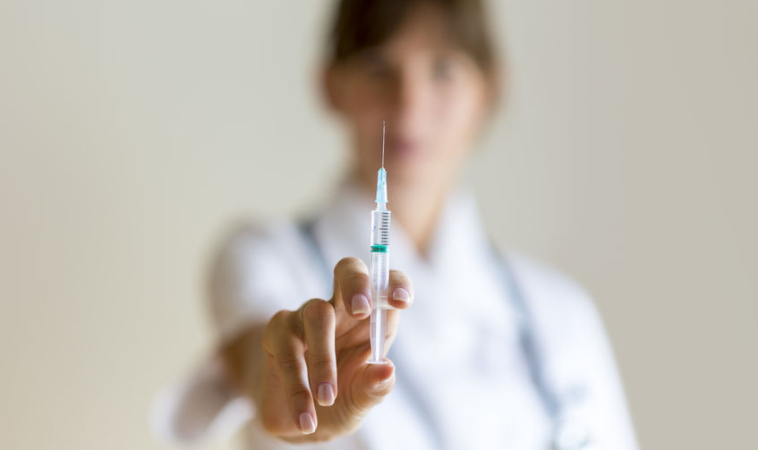Mumps is a condition caused by a viral infection, and not commonly seen in the United States due to vaccination. However, there are more cases of the mumps being reported, and recently there have been numerous articles commenting on outbreaks in Texas, Arkansas, Washington and Missouri – more than 100 cases. However, unlike the measles outbreak in 2016, these outbreaks are not being blamed on a lack of vaccination. That’s because the vaccination isn’t all that effective for mumps.
Mumps Vaccination Not All That Effective
The CDC estimates that with a 2nd booster (which is what most people get) the vaccine is only 88% effective. With only 1 dose, it goes down to 79%. This means that even in well vaccinated populations, there’s still a significant likelihood of there being at least a few people who become infected. The good news is that as far as viral infections go, mumps is pretty benign, and complications rare.
Symptoms Similar to “Flu”
Usually the illness begins with a general “flu” type symptoms -fever and headache, muscle aches and loss of appetite. Most people will develop a swelling of the salivary glands, which will cause the classic presentation of puffy cheeks with a tender jaw line – the jaw line may not even be visible due to the swelling. Symptoms usually begin about 16-18 days after infection, but this timeline is variable. Most people recover completely in a few weeks. In fact, the CDC comments that disease manifestation is far less intense in individuals who have been vaccinated.
Complications, though rare, can include: inflammation of the testicles (orchitis) in males, and ovaries (oophoritis) in females, brain inflammation (encephalitis), meningitis, and deafness.
 Node Smith, associate editor for NDNR, is a fifth year naturopathic medical student at NUNM, where he has been instrumental in maintaining a firm connection to the philosophy and heritage of naturopathic medicine amongst the next generation of docs. He helped found the first multi-generational experiential retreat, which brings elders, alumni, and students together for a weekend campout where naturopathic medicine and medical philosophy are experienced in nature. Three years ago he helped found the non-profit, Association for Naturopathic ReVitalization (ANR), for which he serves as the board chairman. ANR has a mission to inspire health practitioners to embody the naturopathic principles through experiential education. Node also has a firm belief that the next era of naturopathic medicine will see a resurgence of in-patient facilities which use fasting, earthing, hydrotherapy and homeopathy to bring people back from chronic diseases of modern living; he is involved in numerous conversations and projects to bring about this vision.
Node Smith, associate editor for NDNR, is a fifth year naturopathic medical student at NUNM, where he has been instrumental in maintaining a firm connection to the philosophy and heritage of naturopathic medicine amongst the next generation of docs. He helped found the first multi-generational experiential retreat, which brings elders, alumni, and students together for a weekend campout where naturopathic medicine and medical philosophy are experienced in nature. Three years ago he helped found the non-profit, Association for Naturopathic ReVitalization (ANR), for which he serves as the board chairman. ANR has a mission to inspire health practitioners to embody the naturopathic principles through experiential education. Node also has a firm belief that the next era of naturopathic medicine will see a resurgence of in-patient facilities which use fasting, earthing, hydrotherapy and homeopathy to bring people back from chronic diseases of modern living; he is involved in numerous conversations and projects to bring about this vision.
















